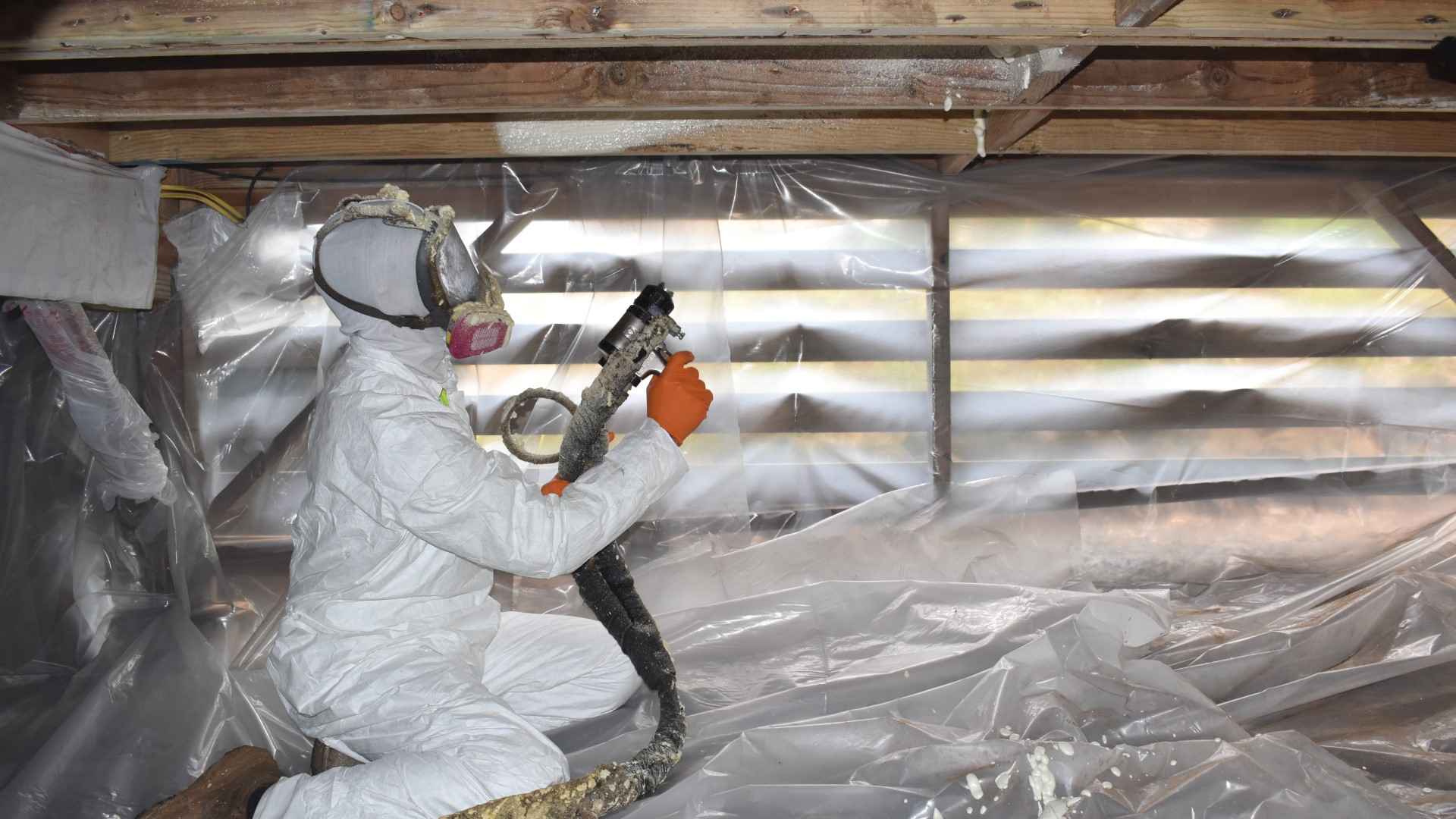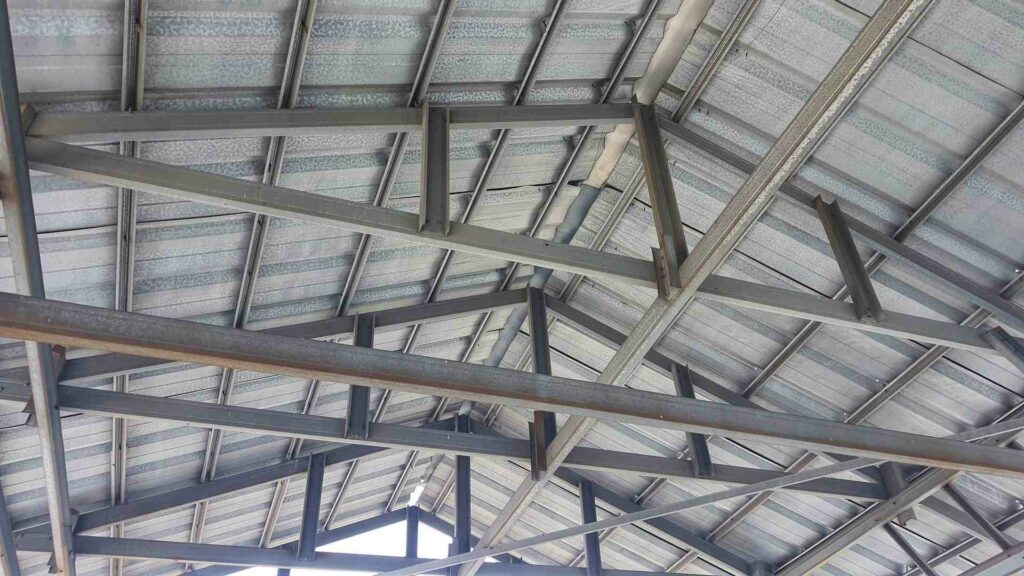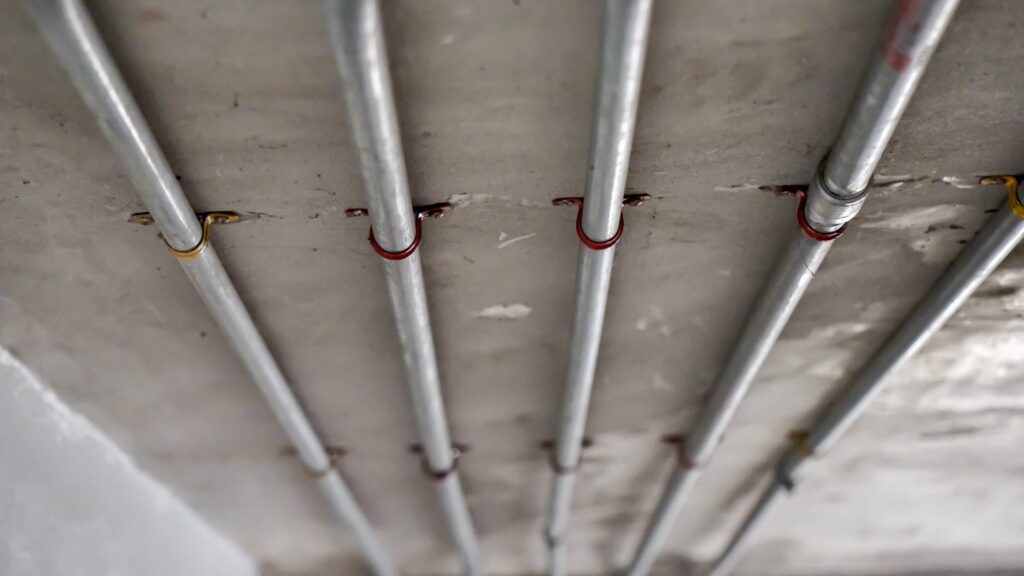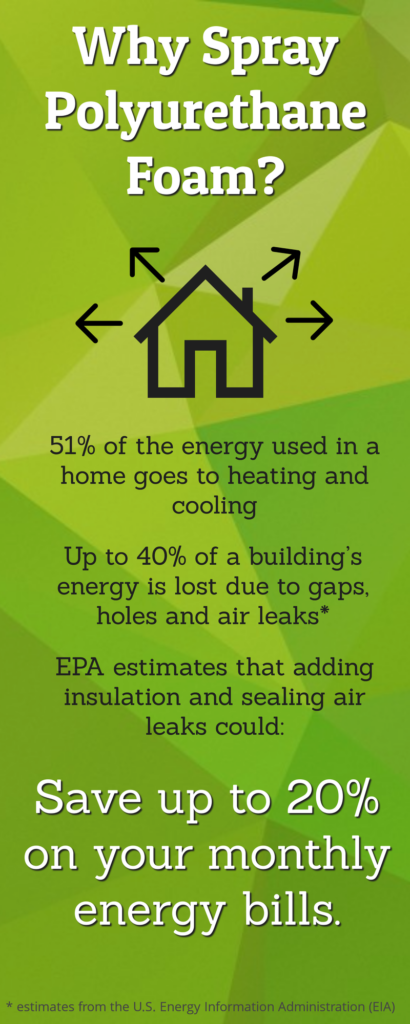
Types of Spray Foam Insulation We Provide in Hawaii
Save money on heating & cooling, spray foam insulation makes your home or building more energy efficient while providing a safe, effective barrier against noise, allergens, pests, and insects.
Eco Foam Hawaii – Types of Spray Foam Insulation
When it comes to insulating your home or business, choosing the right types of spray foam insulation is crucial. At Eco Foam Hawaii, we provide various spray foam options to suit different needs, whether you’re working on new homes, retrofitting existing structures, or seeking solutions for ceiling insulation, wall insulation, or noise mitigation. Our offerings include Open-Cell Foam, Closed-Cell Foam, and Fire Barrier Foam, each with its own unique benefits.
Open-Cell Spray Foam Insulation
This is a versatile and lightweight option that expands significantly upon application. It is one of the types of spray foam insulation that creates an effective barrier against air leakage and is particularly beneficial for noise mitigation, making it ideal for interior spaces.

Best Places to Install Open-Cell Spray Foam
- Walls: Ideal for interior wall insulation, helping to reduce noise and improve thermal performance.
- Ceilings: Great for ceiling insulation, preventing air leaks and enhancing overall energy efficiency.
- Attics: Useful in attics where soundproofing and insulation are both important.
Benefits of Open-Cell
- Excellent for noise reduction
- Ideal for ceiling insulation and wall insulation
- Cost-effective for large areas
- Expands to fill small gaps in tight spaces
Closed-Cell Spray Foam Insulation

Closed-Cell is one of the types of spray foam insulation that is denser and provides a higher R-value, which means better thermal insulation. It also acts as a strong moisture barrier, making it suitable for areas exposed to water or high humidity.
Where Can Closed-Cell Be Installed
- Exterior Walls: Excellent for exterior wall insulation, providing a strong thermal and moisture barrier.
- Roofs and Ceilings: Ideal for ceiling insulation in areas exposed to the elements, ensuring long-term protection.
- Basements and Crawl Spaces: Perfect for areas prone to moisture, preventing dampness and mold growth.
Benefits of Closed-Cell Spray Foam
- Offers superior thermal insulation, significantly reducing energy costs.
- Provides a robust moisture barrier, protecting your home from water damage.
- Adds structural strength to walls and roofs, enhancing overall durability.
- Suitable for both new homes and retrofit projects where maximum insulation is needed
Fire Barrier Foam Insulation
This type of spray foam is specifically designed to enhance the fire resistance of your property. It helps seal gaps around pipes, wires, and other penetrations, slowing down the spread of fire and smoke.

Optimal Areas for Installation
- Around Pipes and Wires: Essential for sealing gaps around plumbing and electrical systems.
- Wall Penetrations: Ideal for areas where walls are breached for installations, ensuring those openings are protected.
- Kitchens and Utility Rooms: Useful in areas with higher fire risks, such as kitchens or rooms with electrical panels.
Benefits of Fire Barrier Spray Foam
- Increases fire resistance in critical areas of your home or business.
- Helps prevent the spread of flames, providing additional safety.
- Complies with fire safety regulations, ensuring your property meets necessary standards.
- Can be combined with other insulation types for comprehensive protection.
Spray Foam Insulation Advantages
SMART

Save money through enhanced energy efficiency (Reduce air loss)
SAFE

Safe for your family – The Eco Foam Difference: Low GWP (better for your household and the environment)
COMFORT

Make your home more comfortable (comfortable indoor temperature; reduce allergens like pollen, dust and provide a barrier to insects)
Insulate and Seal Your Maui Home
Spray foam is a multi-attribute product that insulates and seals the building envelope from top to bottom and side to side. It can fully adhere to most surfaces to fill cracks, crevices, and gaps to prevent or stop leaks. Common applications of spray foam include:
- Roofs
Exterior application for low sloped roofs - Exterior Walls
Application to the exterior wall helps to create continuous insulation - Attics
Interior application to create an unvented attic - Walls
Interior in the wall cavity or exterior as continuous insulation - Cantilevered Floors
Those that stick out past the foundation or supporting wall below - Basements and Crawlspaces
Gaps and holes (behind knee walls, attic hatches, wiring holes, plumbing vents, open soffits, recessed lights, furnace flues, duct chaseways, basement rim joists, windows and doors)

Installation Process
The installation of any types of spray foam insulation is a professional process that ensures the best results:
- Assessment: Our team begins by assessing your property to determine the best types of spray foam insulation for your needs.
- Preparation: We prepare the surfaces, ensuring they are clean and ready for application.
- Application: The spray foam is applied, expanding to fill all gaps and crevices, creating an airtight seal.
- Final Inspection: After the foam has cured, we perform a thorough inspection to ensure the installation meets our high standards.
Choosing the Right Type for Your Needs
Selecting the right types of spray foam insulation depends on several factors, including the specific needs of your building, the climate, and your insulation goals. For example, open-cell foam might be best for interior applications where noise reduction is important, while closed-cell foam is ideal for areas exposed to moisture. Fire barrier foam is essential for enhancing fire safety in critical areas.
FAQs About Spray Foam Insulation
Yes, spray foam insulation is versatile and can be used throughout your home. Open-cell foam works well in walls, ceilings, and attics, while closed-cell foam is ideal for exterior applications, basements, and crawl spaces. Fire barrier foam is perfect for enhancing safety around pipes and wiring.
Yes, spray foam insulation is safe when installed by professionals. The materials used are non-toxic and, once cured, the foam provides a durable and long-lasting insulation solution that contributes to a healthier indoor environment by reducing air leaks and moisture infiltration.
Spray foam insulation is incredibly durable and can last for decades with proper installation.